We’ve all heard the cliche phrase, the right tools for the job. This phrase rings true and it has stood the test of time, because it’s accurate. Whatever job we do, we need the right tools to accomplish it successfully and efficiently and to the best of our abilities.
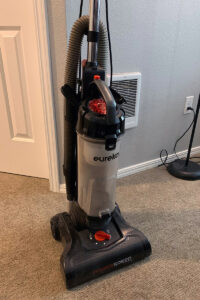 The thought for this post came to me this past weekend, from an unlikely source; housecleaning. As many of you know, I am still living in an apartment while our house is rebuilt from a falling tree. The apartment was furnished by the insurance company, even down to small appliances including a vacuum cleaner. We were provided the cheapest, worst vacuum you can imagine and most times when I’m using it and see how it DOES NOT pick up dirt, I wonder why I even bother to haul it out of the closet. Halfway through vacuuming our small apartment, I have to stop to empty a small compartment that gets clogged almost instantly, preventing the vacuum from actually picking anything up. Its a horrible design and one that should never have made it to market. I doubt the designers actually tried to use this thing! It’s horrible. I never thought I’d care that much about vacuums, however, after having used a Miele vacuum around our house and seeing what a wonderful job it does with minimal effort, I slowly began to appreciate even the lowly vacuum as a tool worthy of consideration for what is “right” or “best”. Moving from a great vacuum to one that struggles to even be called a vacuum reminded me how important it is to have the right tools for whatever job we are attempting to do.
The thought for this post came to me this past weekend, from an unlikely source; housecleaning. As many of you know, I am still living in an apartment while our house is rebuilt from a falling tree. The apartment was furnished by the insurance company, even down to small appliances including a vacuum cleaner. We were provided the cheapest, worst vacuum you can imagine and most times when I’m using it and see how it DOES NOT pick up dirt, I wonder why I even bother to haul it out of the closet. Halfway through vacuuming our small apartment, I have to stop to empty a small compartment that gets clogged almost instantly, preventing the vacuum from actually picking anything up. Its a horrible design and one that should never have made it to market. I doubt the designers actually tried to use this thing! It’s horrible. I never thought I’d care that much about vacuums, however, after having used a Miele vacuum around our house and seeing what a wonderful job it does with minimal effort, I slowly began to appreciate even the lowly vacuum as a tool worthy of consideration for what is “right” or “best”. Moving from a great vacuum to one that struggles to even be called a vacuum reminded me how important it is to have the right tools for whatever job we are attempting to do.
This, of course, also hold true for photography. Having the right tools for the image we are trying to create makes a huge difference in our ability to successfully create the image to match our vision, in the easiest way possible without a lot of extra work in the field or in post, and, equally important, in a way that we enjoy the process along the way. I feel that a big part of photography for many of us is our enjoyment of executing the craft in the field at in post. It is something we do for enjoyment, relaxation, satisfaction, pride, and so on. Since this is something we do for “fun”, we obviously don’t want to be struggling with gear while we do it, or get frustrated that we can’t execute what might be possible due to some limitation from our tools.
a huge difference in our ability to successfully create the image to match our vision, in the easiest way possible without a lot of extra work in the field or in post, and, equally important, in a way that we enjoy the process along the way. I feel that a big part of photography for many of us is our enjoyment of executing the craft in the field at in post. It is something we do for enjoyment, relaxation, satisfaction, pride, and so on. Since this is something we do for “fun”, we obviously don’t want to be struggling with gear while we do it, or get frustrated that we can’t execute what might be possible due to some limitation from our tools.
Notice that nowhere in this discussion will I say that the “right” tools are the “most expensive” or “highest rated” tools. Anytime we talk about tools or gear, it should be in the context of what you can afford at the time, and, what makes most sense for your photographic pursuits. As an example, I enjoy shooting macro every now and again and I own a couple of macro lenses for my X and GFX systems. But knowing it is not my core type of photography, I haven’t gone crazy buying focusing rails, macro lighting systems, etc.. For me shooting macro, the right tools are simply a good lens and maybe a light diffuser…I don’t need anything more. Furthermore, just because something is “the best” or “highest rated” doesn’t mean that it is appropriate for our work. Sure we all like to have the best gear, it’s kind of an ego thing, but in all honesty, very few people actually NEED the very very best equipment. Most of us just WANT it because it is the best. So, when you think about the right tools for you, its wise to consider budget and a realistic assessment of what level of quality you really need for where you’re at with your photography.
 There is a line though when it comes to budget and quality that most of us won’t go below. At some lower point along the price/quality continuum, it’s just not worth spending the money to put poor quality tools in play. Looking at filters for example, we need them for longer exposures or to cut glare in a scene….important topics in photography and ones you may want to be pursuing. However, a lot of the lower priced filters are not optically pure and also may add a color caste to the image. Sure you can get the effects you are wanting, but at what cost? More than likely the poor quality filter may very well end up ruining your complete image to the point its not salvageable. So you’re better off saving your money for one that is of better quality.
There is a line though when it comes to budget and quality that most of us won’t go below. At some lower point along the price/quality continuum, it’s just not worth spending the money to put poor quality tools in play. Looking at filters for example, we need them for longer exposures or to cut glare in a scene….important topics in photography and ones you may want to be pursuing. However, a lot of the lower priced filters are not optically pure and also may add a color caste to the image. Sure you can get the effects you are wanting, but at what cost? More than likely the poor quality filter may very well end up ruining your complete image to the point its not salvageable. So you’re better off saving your money for one that is of better quality.
So I don’t end up writing a long book pontificating on what are the right tools, I’ll break here and summarize my key points about the right tools
- Tools to successfully get the job done (the right focal length lenses, filters, tripods, etc)
- Tools that are of sufficient quality, for where you are at, to do a quality job
- Tools that work with you, not against you
It’s this last point that really piqued my interest when thinking about this blog post. Tools that work with us, not against us. I think we’ve all experienced this, when we’ve been using a tool and it just feels “right” for us. Conversely, we’ve all probably been using a tool and find that it just doesn’t “fit” with the way we think or the way we move. Sure it can get the job done well, but it may not fit with us in a way that is pleasing or rewarding. For me, part of being the right tools involves how well it fits with me, with how I work and how I think. I’ll give you a couple of examples…
Sony cameras are some of the best and highest regarded camera bodies on the market right now. Lots of folks are jumping on the Sony bandwagon because of the specs, the resolution and other less important reasons. They do produce some amazing images, for sure! I’m not bashing Sony at all. I have used Sony cameras over the years as well as seriously checked out the latest offerings and one thing has always struck me about them, the menu system and how the photographer operates the camera and all of it’s functions. I have realized that the Sony menu system and philosophy isn’t a good “fit” with me, my style and my enjoyment of the craft of photography. I’m sure I could make some great images with the latest Sony camera, as it ticks the first two points of the right tools. But they fail, for me, on that last point. I don’t enjoy using them and have continually struggled to use them. If I forced myself over a couple of years, I’m sure I could transition and come to terms with the menu system and thought processes to operate them somewhat enjoyably, but that may compromise myself and the enjoyment I get from my art. There are many other camera system out there that I find more enjoyable to use (Fujifilm, Canon) so why should I compromise myself for the latest/greatest? My Fujifilm cameras produce fantastic images and do everything I need and want from a camera.
Another example is about tripods and how the legs operate. Like most of you, I’ve owned a closet-full of tripods over the years. I started out at the low end of tripods and most of those utilize Flip-Locks to adjust the length of the tripod leg. From the outset, I struggled using flip-locks. The lever was either welded shut with dirt or sand, and then when I freed it, the leg slid all the way open. I couldn’t make subtle adjustments to the length of the leg and my fingertips were overly stressed after a single shooting session. At the time, I thought that those tripods were “right” for my level and my budget, however, I quickly realized they didn’t work for me. They oftentimes worked against me and made me frustrated and discouraged me wanting to use them. So I saved my money and as quickly as I could, bought a Gitzo tripod with twist-lock adjustments. Since this first Gitzo, I have had several other tripods and each one of them has twist-locks because I know those are the right tools for me to be successful and enjoy my photography.
In the photography world, we are constantly barraged with the latest-greatest and highest specs and bench racing comparisons. It’s easy to get caught up in the hype and constantly pursue the “best” equipment based on objective analysis. The point I would like to leave you with is that just because something is the “best”, it doesn’t mean it’s the best for you!!! Take a long hard look at what tools you have, and which ones you want, and assess whether these are the right tools for the jobs you want to do. I’m sure they probably tick the first two criteria, but do they tick the third? Having tools that fit with you, that compliment your work style, that you enjoy using, which will ultimately lead you to being more creative and doing your best work…that is the true measure of the right tools for you.


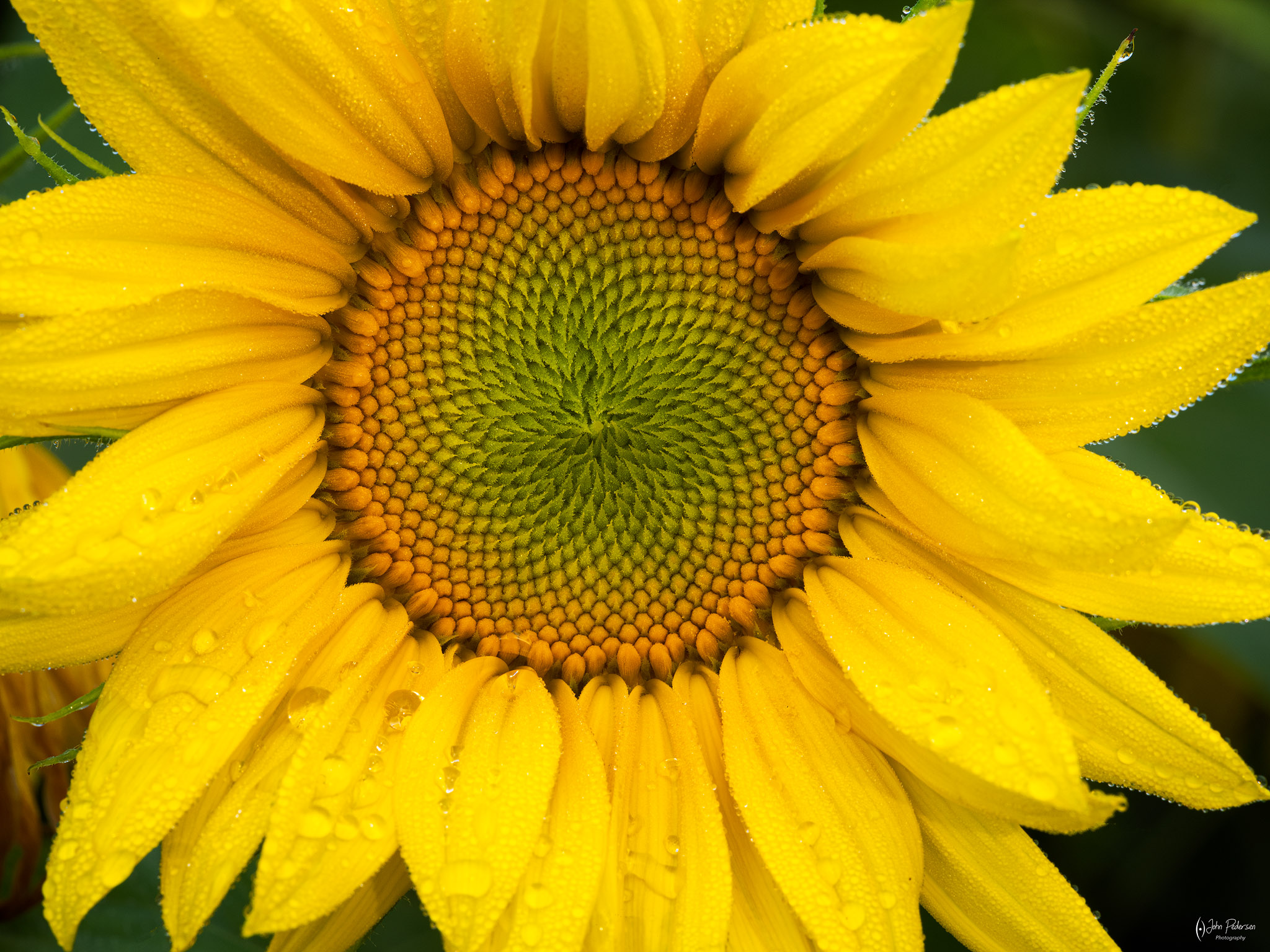
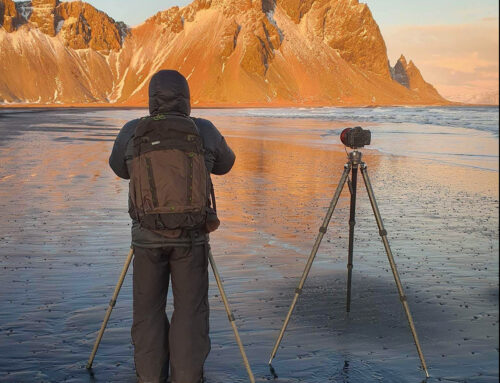
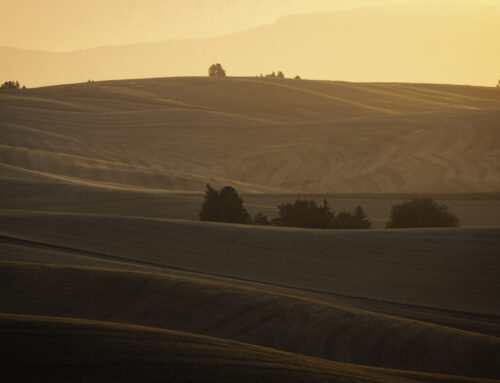
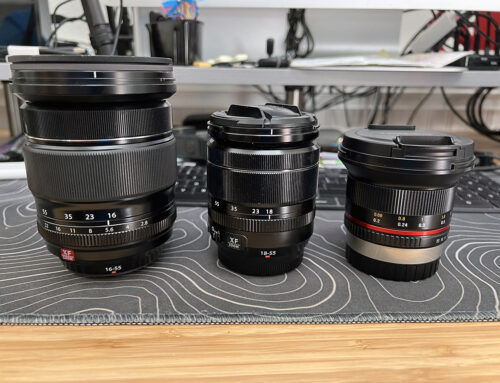
Leave A Comment